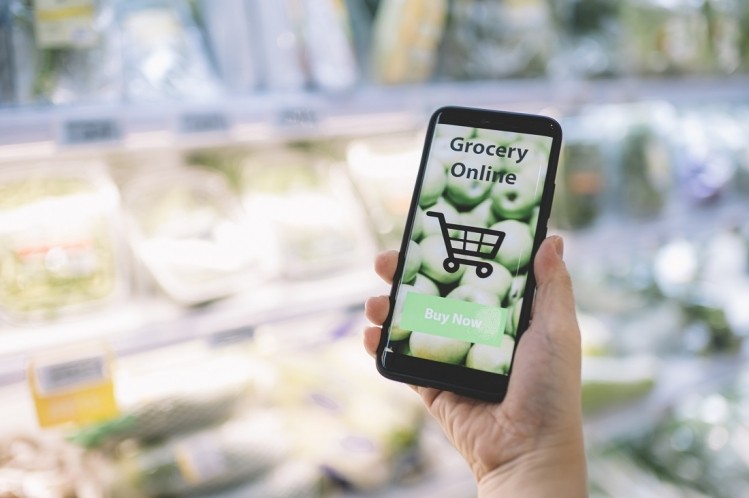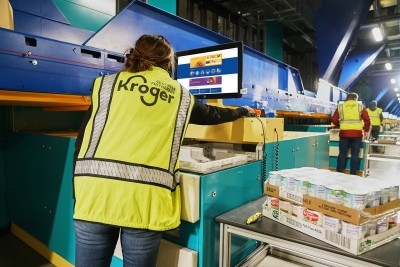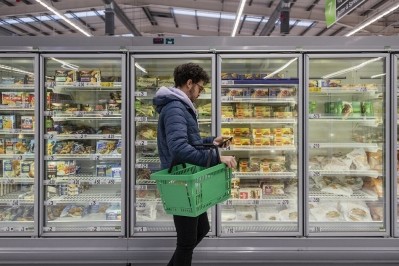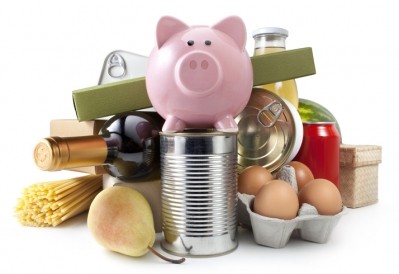Inflation triggers 3.8% decline in online grocery sales in April 2022 vs. April 2021

April grocery sales dropped by 3.8% in April 2022 to $8.1bn versus the same month last year, with total order volume declining by 5.8% driven by lower order frequency and a slightly smaller monthly active user (MAU) base, the survey revealed.
Delivery-related sales account for almost one-third of total grocery sales in April and contributed to nearly half of the decline in total online grocery sales on a year-over-year basis. While the segment’s average order value (AOV) jumped 6% to $84 per order versus April 2021, order volume declined by 11% mainly driven by an MAU base that declined by 9% over the past year.
Ship-to-home, the smallest segment of total online grocery orders representing one-fifth of sales in April, declined by 3% last month vs. last year driven by a 6% decline in order volume and 2% drop in AOV along with 4% drop in order frequency by ship-to-home customers. AOV inched up slightly by nearly 3% to $47 in April.
Moving to pickup, the largest segment of online grocery representing almost half of total sales last month, the category's key metrics (sales, order volume, AOV, MAU) also declined in April 2022. Total sales for pickup were down 3% for the month compared to April 2021 while order volume dropped by 2% and its monthly active user base declined by roughly 3%, reported Brick Meets Click/Mercatus.
Increasing prices caused by the continued inflation has been the main driver of the decline in online grocery shopping behavior, noted David Bishop, partner at Brick Meets Click.
“It’s no surprise that inflation is affecting where and how people shop online for groceries,” said David Bishop, partner at Brick Meets Click.
“Some customers may now find pickup a more attractive service since it can help them avoid the higher incremental costs associated with Delivery, and others may choose to simply move more of their transactions back into the store.”
Inflation > COVID concerns?
Bishop also argued that recent data suggested that customers today are more likely to be concerned with the impacts of inflation on their daily lives than they are about contracting COVID, based on survey responses fielded in March and April 2022.
According to the survey data, customers shopping in the mass channel were 34% more likely than grocery customers to indicate cost as the most important factor to buying groceries online. Pickup customers who used grocery or mass services were 18% and 11% more likely, respectively, to cite cost as a primary consideration compared to delivery customers.
“With budget conscious consumers naturally gravitating towards lower cost online services like pickup, grocers need to find ways to offer these services profitably and remain competitive,” said Sylvain Perrier, president and CEO, Mercatus.
“Conventional grocers can take advantage of more efficient pick and pack practices. They can also use tiered pricing models and variable fee structures to offset the cost to serve while still providing a compelling Pickup experience to customers," suggested Perrier.

















